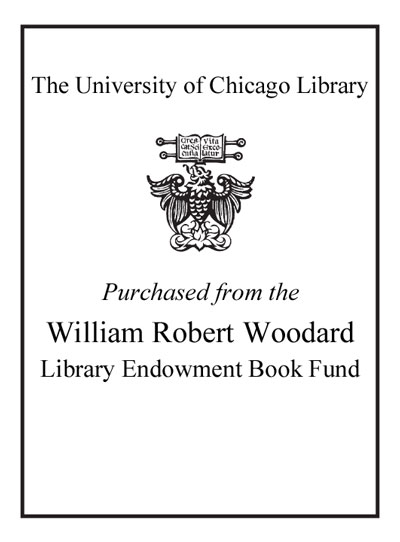Review by Choice Review
Carter (Duke) demonstrates a sweeping mastery of the Western tradition, engaging an extraordinarily wide range of thinkers from the early patristics (Irenaeus, Gregory of Nyssa, and Maximus the Confessor) to the modern (Kant) and postmodern (Foucault, Bakhtin). A profoundly creative critique of Christian supersessionism (theologies that claim Christianity replaces and completes God's promises to the Jews) stands at the center of the author's argument about racialization. In this volume, which is grounded in his dissertation, Carter boldly asserts that Christian constructions of the Jew as a racialized Other laid the intellectual groundwork for a Christianity equated with Western conquest and whiteness. Carter identifies counternarratives within Christianity that keep Christ tied organically to the people of Israel, thereby refusing to sever Jesus from his Jewish roots. Most interesting is Carter's deployment of antebellum slave narratives (including Briton Hammon, Frederick Douglass, and Jarena Lee) as sources that set black Christian identity squarely inside Jewish covenantal life, which thereby refuses to grant the "accomplishment of whiteness." But do such narratives abolish supersessionism? Unfortunately, the theological problem of supersessionism does not change whether Christianity is the religion of those in power or those who are oppressed. Nonetheless, Carter's intricate arguments are worth the effort. Summing Up: Recommended. Graduate students and faculty/researchers. P. K. Steinfeld Buena Vista University
Copyright American Library Association, used with permission.
Review by Choice Review

